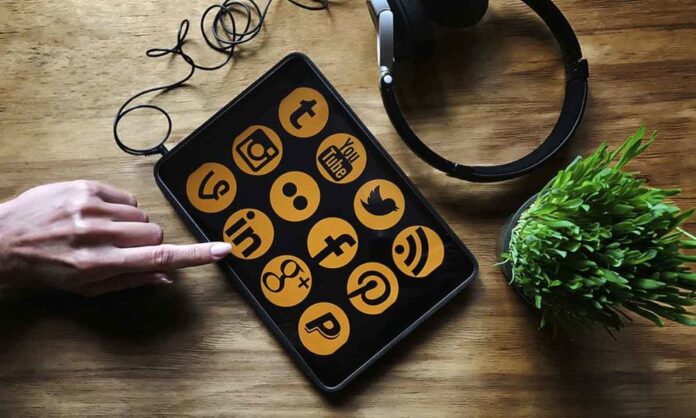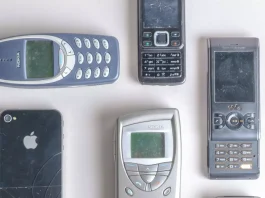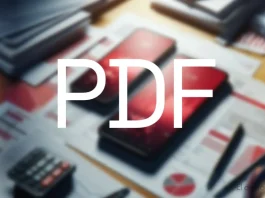OPINION: Just a couple of days ago I told you that Twitter is going to test a new function, already present in other social networks, the states. And I stated that I was a bit surprised because, traveling in memory to the beginnings of Twitter, and for many users even in its present, that is more or less the reason for being of this social network, share states. Enriched states, of course, since the number of characters was increased from 140 to 280, images, gifs and videos, URL shorteners, etc. were included, but states, after all.
On Twitter a lot of people published and keep posting statuses, which can go from “I’m sad” to “I’m listening to Velouria, by Los Pixies” passing, of course, through the eternal “Yesterday I had chicken for dinner”. In other social networks, such as Facebook, people develop reflections of all kinds and depth… and accompany them with “I’m sad”, “I’m listening to Velouria, by Loss Pixies” or “Yesterday I had chicken for dinner”. The context changes and the network changes, but the states are more present every day, and I bet we will see how this only grows in the future.
In the thread of publishing said news, Benito Camelas (sorry for reproducing the play on words, but it is his username), one of our most participatory readers in the comments, was wondering why the usefulness of statuses in social networks. A question with much more depth than it might seem at one time, and what’s more, I admit that it has had me somewhat thoughtful since it was raised. And after thinking about it, it’s something that I can’t help but detach from the reaction buttons, also from social networks.
A stretch of years ago, my colleague and friend Marcos Sagrado raised an interesting reflection on a function that Facebook was working on at that time, an alternative to the “like” so typical of Zuckerberg’s service, but that would allow expressing empathy and/or or support before a comment and/or an unfavorable, negative situation. An answer, of course, consisting of a button. A good representation of what social media is, and why states exist.
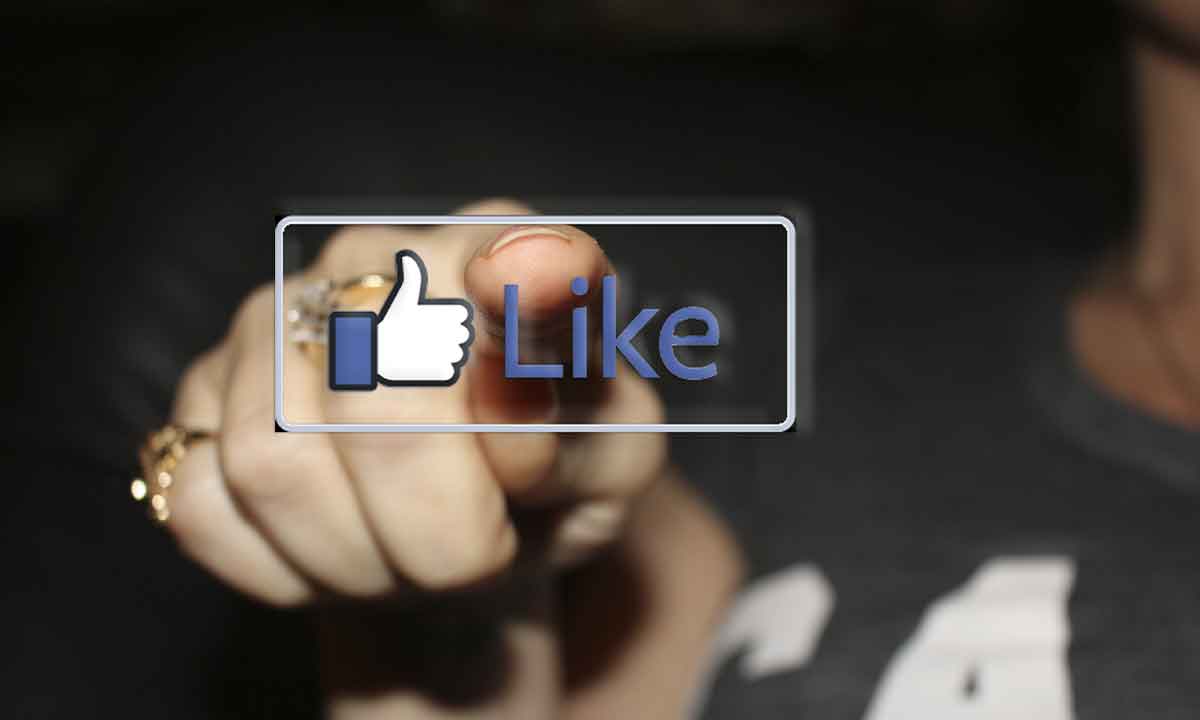
To understand the raison d’être of many elements of social networks, including of course, states, we must take into account two conflicting realities: on the one hand, the need for social networks to have content, which depends entirely on its users, and on the other, that due to a combination of factors that some sociologist has surely already studied, over time the human being becomes more lazy when it comes to communicating.
I return to the text by Marcos that I was talking about before, the one dedicated to a button to empathize on Facebook. Imagine that, for example, a friend has suffered a significant loss, and tells about it on his wall. A thumbs up doesn’t seem like a good option, does it? However, a button with let’s say a hug responds much better to the context. And it is much more comfortable and faster than typing “Wow, I’m so sorry, a big hug and if I can do something for you, don’t hesitate to tell me.” In social networks, immediacy and comfort prevail.
Thus, social networks lead us, in many cases, to a much more synthetic communication model, with as many facilities to send a message as we may need, and the states are a perfect example of this. What is more comfortable, write that you are listening to the best album in the history of the Pixies, make a comment and recommend a couple of songs, or simply select the activity of a selector and complete the information by writing the song or the album? And that or connect Twitter with Spotify and have your status update automatically?
In my opinion, and I know it is shared by many other people, social networks impoverish the quality of communicationbut nevertheless contribute to increasing its volume exponentially. Today, if your circle of friends uses social networks in this way, in a couple of minutes you can catch up on how they are, what they’re doing… geez, it’s even possible that, indirectly, they’ll recommend something new to you. to listen. And it would be cynical if I denied this positive part of this new model of communication that social networks have brought us.
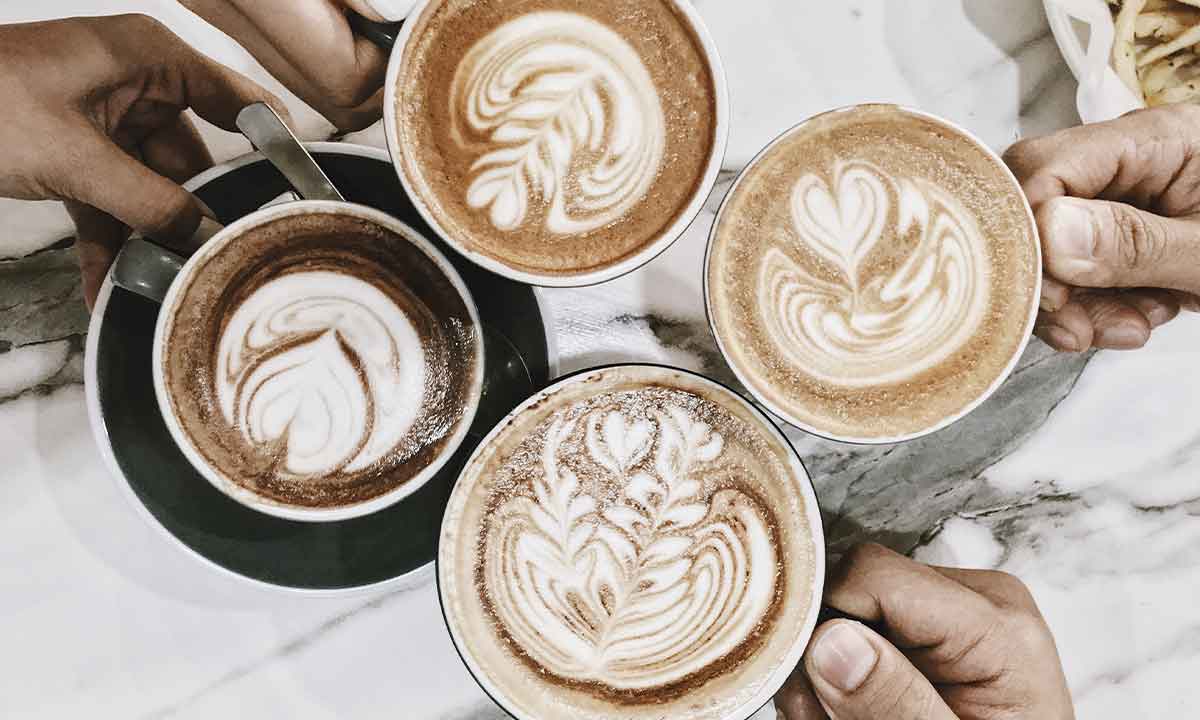
Communication changes, as does language, and it cannot be said, in an absolute way, that said evolution is good or bad, although there are specific cases in which the balance does point in one direction or another. In the case of a friend, family member, close person, etc. who shares a bad moment on social networks, the response with a sad face, without further ado, personally seems little to me, if only because if, at some point, I see myself On the other side of the equation, I would like to receive something more than that.
However, and in general, lose qualitatively but gain quantitatively, if it does not mean having to give up free choice in this regard, it does not seem to me necessarily a bad thing. Being able to catch up, quickly, on how my friends and acquaintances are doing, enjoying the discretion of being able to call, write, meet them for a beer and chat or whatever, does not necessarily seem impoverishing to me.
And I don’t know, maybe I’m too optimistic, but I knowexcept in cases like the one mentioned as an example, and in which Marcos was more right than a saint (seriously, if someone close to you has a problem or is going through a bad time, give them the treatment you would like to receive instead), I think that social networks have not worsened communication, what they have done is change it, and now it’s up to us to decide how to use these tools.

